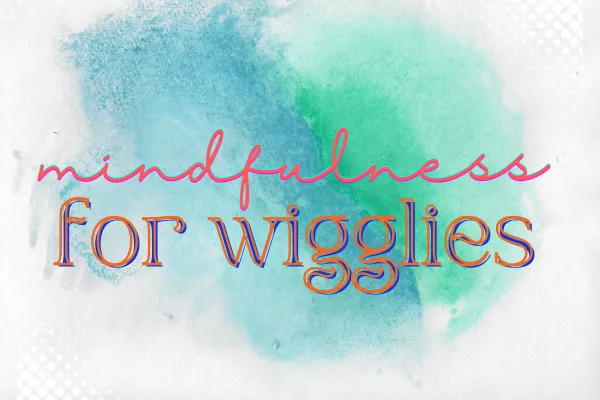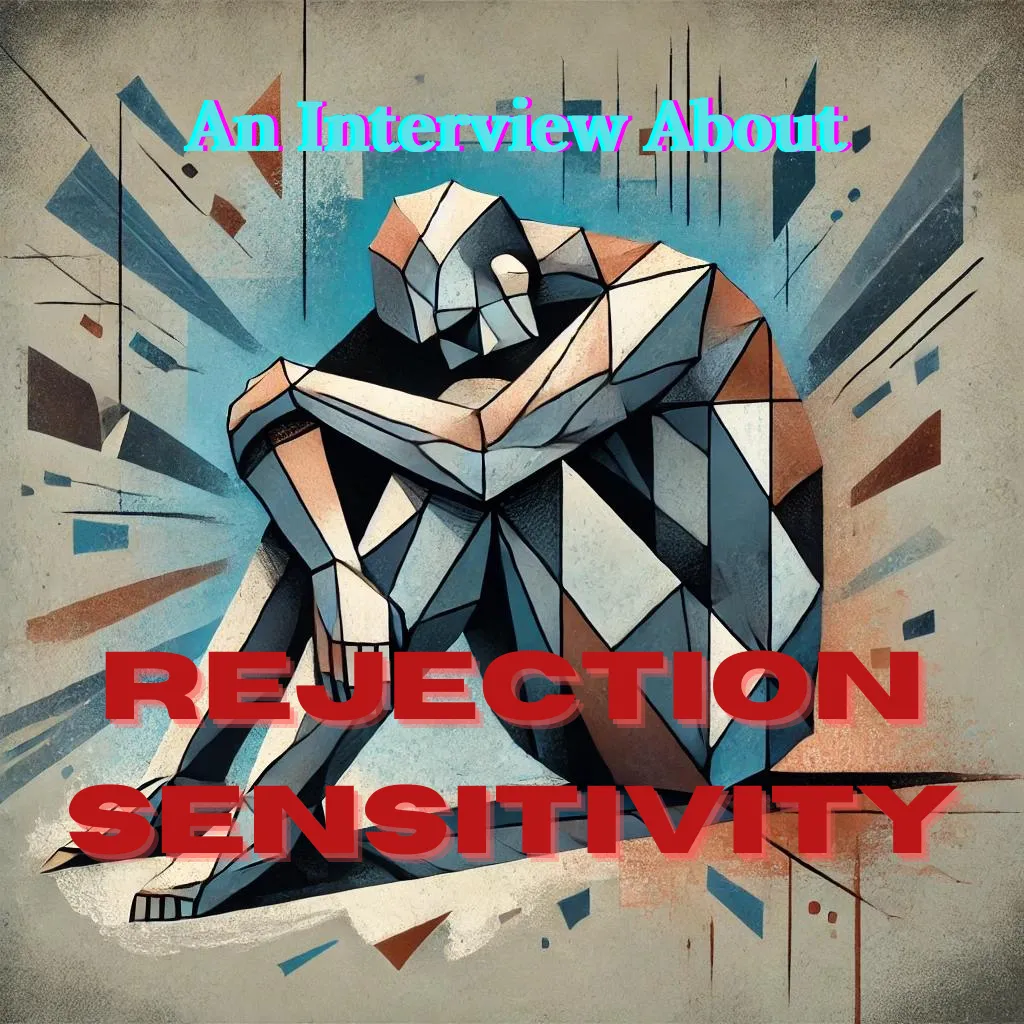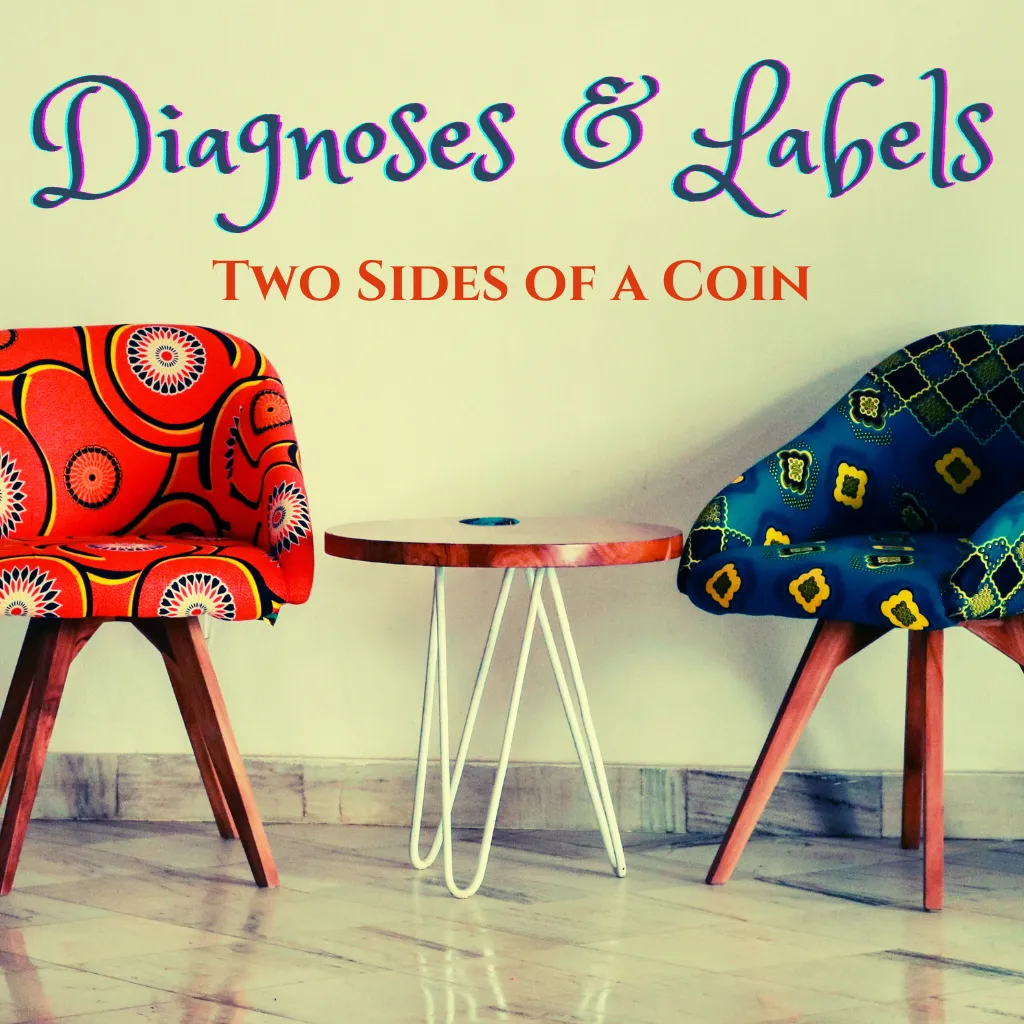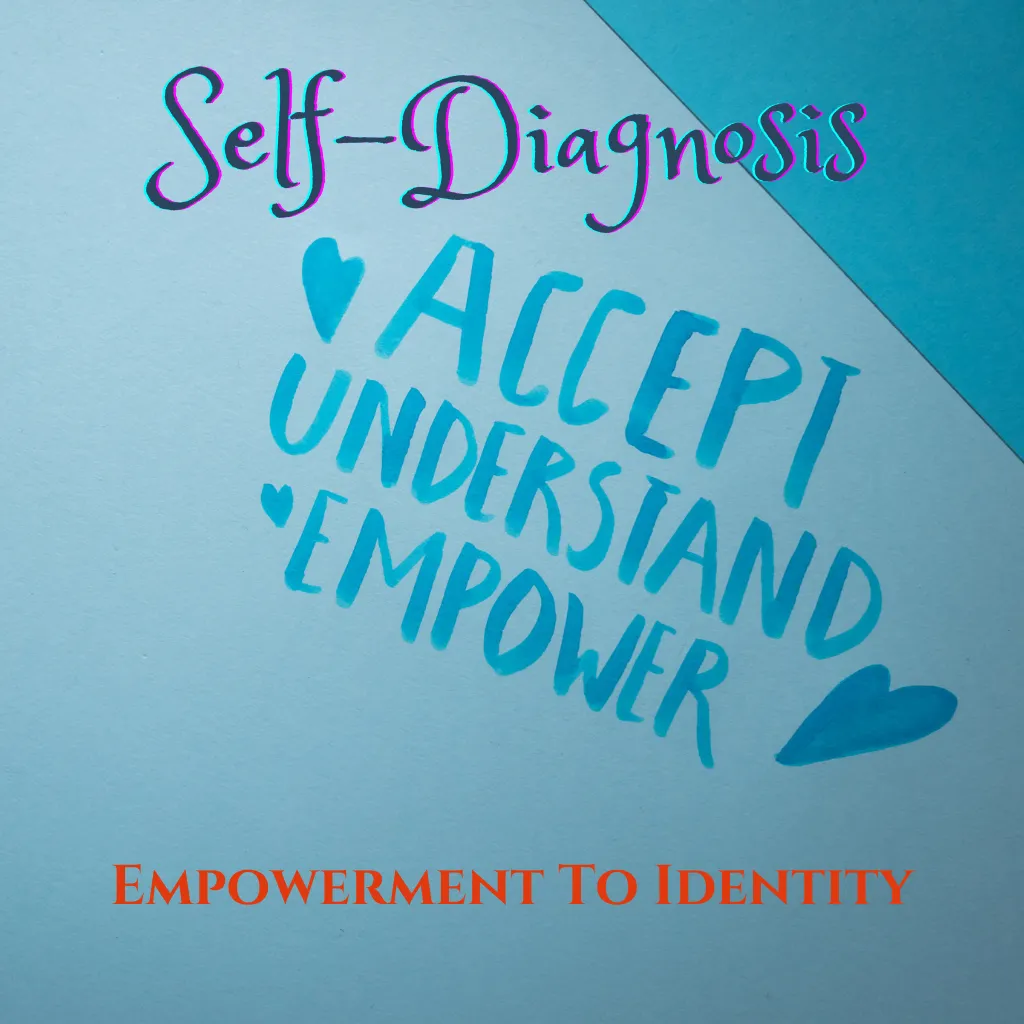The Sparkle Blog
Embracing Mindfulness When Sitting Still Feels Impossible
Discover mindfulness techniques for neurodivergent individuals who struggle to sit still, including walking meditation, yoga, mindful breathing, and sensory activities.
An Interview About Rejection Sensitivity
Explore the nuances of rejection sensitivity through personal stories and practical advice. Discover how it affects emotions, relationships, work, and hobbies, and learn effective coping strategies to manage and overcome its impact
Diagnoses and Labels: Two Sides of The Coin
FlowArt's Art Therapist, Alli Fisher, talks about creating a collaborative experience with her clients to navigate whether diagnosis is beneficial or limiting for a client's quality of life.
Self-Diagnosis and the Power of a Supportive Community
Therapist Rowan Nairn describes their own experience of discovering their neurodivergence through self-diagnosis. This article describes how Rowan's support system and personal discovery has been an empowering experience towards identity acceptance.
© 2024 FlowArt
The information contained in this Web site and from it's resources is for general guidance on matters of interest only. The information contained in this website is for general information purposes only. The information contained in or through our website is not intended to provide medical advice and is not intended to be a substitute for professional medical advice, diagnosis or treatment that can be provided by your own Medical Provider (including doctor/physician, nurse, physician’s assistant, or any other health professional), Mental Health Provider (including psychiatrist, psychologist, therapist, counselor, or social worker), or member of the clergy. The website and its education resources are not be used as a substitute for consultation with a professional psychologist or other professional health or medical provider. Therefore, do not disregard or delay seeking professional medical, mental health or religious advice because of information you have read on this website or received from us. Do not stop taking any medications without speaking to your own Medical Provider or Mental Health Provider. If you have or suspect that you have a medical or mental health problem, contact your own Medical Provider or Mental Health Provider promptly.







